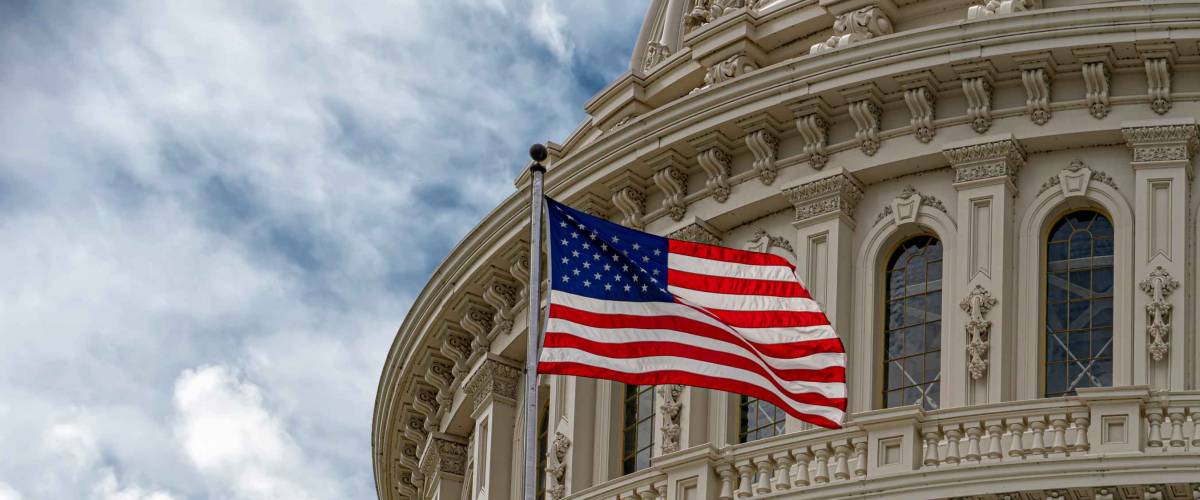How much debt could be forgiven?

Americans currently hold more than $1.7 trillion in student debt, according to the Federal Reserve. Yet the pause on payments and interest is scheduled to end in February, even as COVID-19 cases pile up across the country.
Biden has already said he supports legislation that would “immediately” forgive $10,000 in federal student debt per person.
Borrowers are in “real trouble,” Biden said during a November news conference. “They’re having to make choices between paying their student loans and paying their rent, those kinds of decisions.”
But is $10,000 enough? A group of prominent Democrats, led by Sen. Elizabeth Warren and Senate Minority Leader Chuck Schumer, say no.
They want the Biden administration to cancel up to $50,000 in debt as a form of economic stimulus, allowing people to start buying homes and investing for retirement.
Meet Your Retirement Goals Effortlessly
The road to retirement may seem long, but with WiserAdvisor, you can find a trusted partner to guide you every step of the way
WiserAdvisor matches you with vetted financial advisors that offer personalized advice to help you to make the right choices, invest wisely, and secure the retirement you've always dreamed of. Start planning early, and get your retirement mapped out today.
Get StartedWhat will actually happen?

On top of that immediate aid, several other measures are in the works to reduce Americans’ student debt, including improvements to the government’s income-based repayment program and Public Service Loan Forgiveness Program.
The big problem, of course, is that all of these measures would be extremely expensive. Biden may fail to pass them if Republicans control the Senate after two Georgia runoffs in January.
Some backers argue the incoming president can use an executive order to cancel debt under the 1965 Higher Education Act, but that could lead to the first major legal battle for the new administration.
Biden could also try to pass a watered-down, bilateral solution. A new deal may only target borrowers who are in serious economic distress — and it may not be tax free.
Tax bomb incoming?

Normally, you need to pay income taxes on the balance of canceled debt, as if you “earned” it in cash. That means Americans benefiting from tens of thousands in loan forgiveness could face an enormous bill at tax time.
Goldman Sachs suggests that borrowers may be on the hook for as much as 20% of the amount forgiven, Forbes reports.
In his platform, Biden vowed to amend the tax code to make forgiveness through the income-based repayment program tax free, saying “Americans shouldn’t have to take out a loan to pay their taxes when they finally are free from their student loans.”
While Schumer is calling for those amendments to extend to all student loan forgiveness, you’ll definitely want to start saving up, just in case. If you can’t afford your tax bill right away, the IRS will begin charging you interest and fees.
Stop overpaying for home insurance
Home insurance is an essential expense – one that can often be pricey. You can lower your monthly recurring expenses by finding a more economical alternative for home insurance.
SmartFinancial can help you do just that. SmartFinancial’s online marketplace of vetted home insurance providers allows you to quickly shop around for rates from the country’s top insurance companies, and ensure you’re paying the lowest price possible for your home insurance.
Explore better ratesWhat are your other options?

It’s crucial to recognize that these forgiveness proposals only apply to federal student loans, not the private loans obtained from banks and other nongovernment lenders.
So if you have a private loan — or if you don’t think Biden and his supporters will get their way — you’ll have to pursue other options.
Fortunately for you, interest rates on private student loans have dropped big-time during the pandemic. Borrowers with either federal or private loans should consider refinancing — that is, trading your old loan for a new one at a much lower interest rate.
It’s true that switching from a federal student loan to a private one would make you ineligible for any government relief in the coming months. That could be a tough call to make.
However, there's no downside if you already have a private loan. Refinancing now while rates are cheap could significantly reduce your monthly payment, saving you thousands and allowing you to pay off the balance years sooner.
Sponsored
Follow These Steps if you Want to Retire Early
Secure your financial future with a tailored plan to maximize investments, navigate taxes, and retire comfortably.
Zoe Financial is an online platform that can match you with a network of vetted fiduciary advisors who are evaluated based on their credentials, education, experience, and pricing. The best part? - there is no fee to find an advisor.







